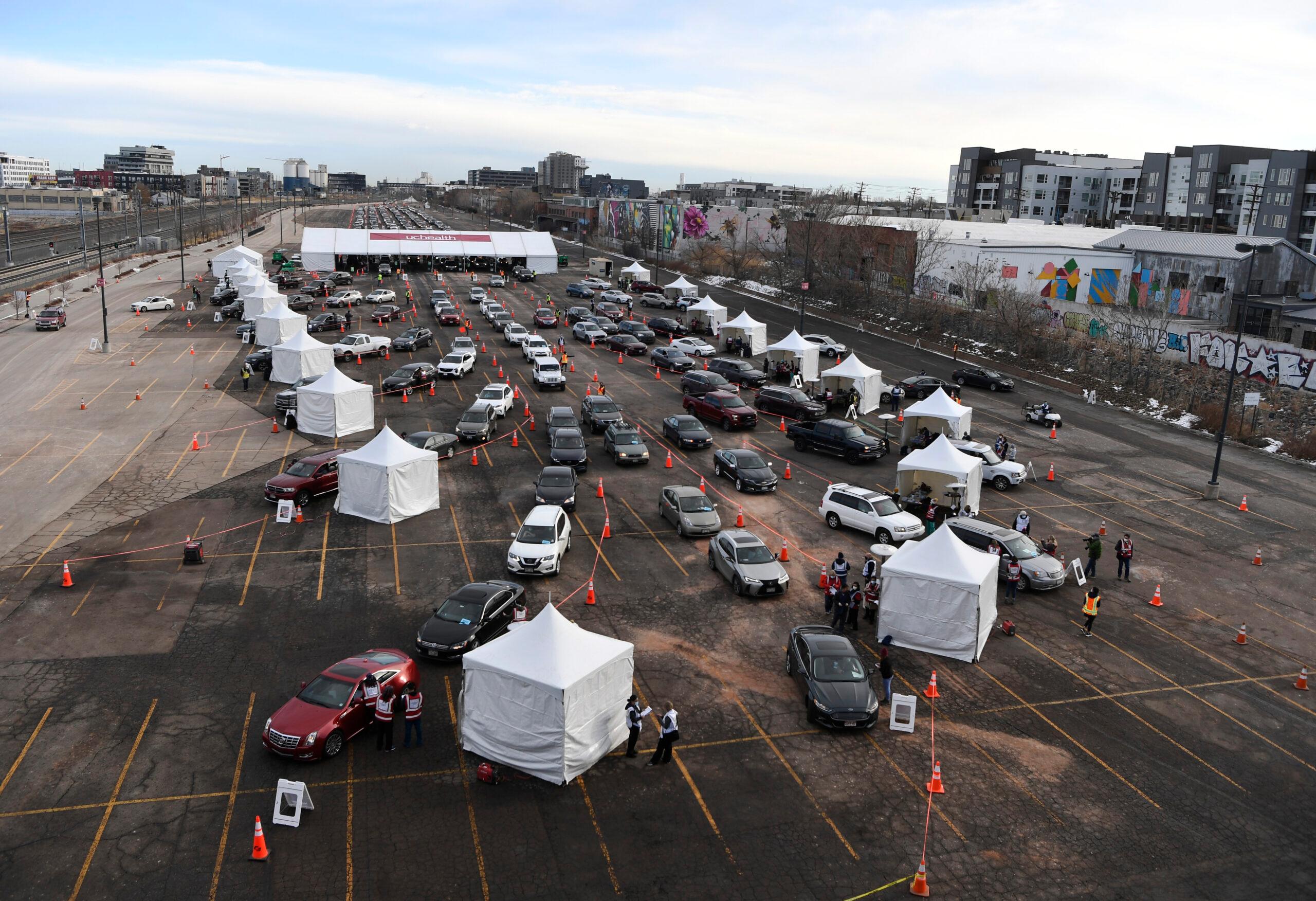
The last million-dollar entry has been accepted, and the final winner’s name has been announced, but at least one other question remains about Colorado’s effort to increase COVID-19 vaccinations with $1 million weekly prizes and scholarships for minors:
Did it work?
“It’s hard to answer that question definitively, I think,” said Glen Mays, the chair and a professor in the Department of Health Systems, Management & Policy in the Colorado School of Public Health at CU Anschutz. He said the drawings were novel and helped promote awareness and excitement about the vaccinations but they came after many early adopters already had gotten their shots. So it’s “really difficult to know exactly what, if any, boost it’s had.”
It seems likely that the drawings, at the very least, arrested, then slowed, a significant slide in consumer interest in getting the vaccine.
For weeks after the vaccine first became available, those ready for their shots fueled a massive surge of hundreds of thousands a week. By May’s end most of the enthusiasts had gotten their shots.
Then, in the week Polis announced the drawings on May 25, vaccinations were in the process of falling from 238,855 in the week of May 16 to 154,690 in the week of May 23 — a 35 percent drop.
The next week, when the first drawing was held, vaccinations still fell to 121,858, but that was a comparatively modest drop of 21 percent.
The next week, the number of people getting vaccinations actually rose for the first time in weeks, to 135,045.
Was that the result of the drawings, rising concern about COVID-19 variants of the virus, or something else? Hard to say, according to the experts.
“It's very hard to know whether any one program moves the needle or not because you have so many other variables,” said Govind Persad, an assistant professor at the University of Denver’s Sturm College of Law, who has been examining vaccine incentives.
Even with mixed results, there's reason to think vaccine incentives are worth trying.
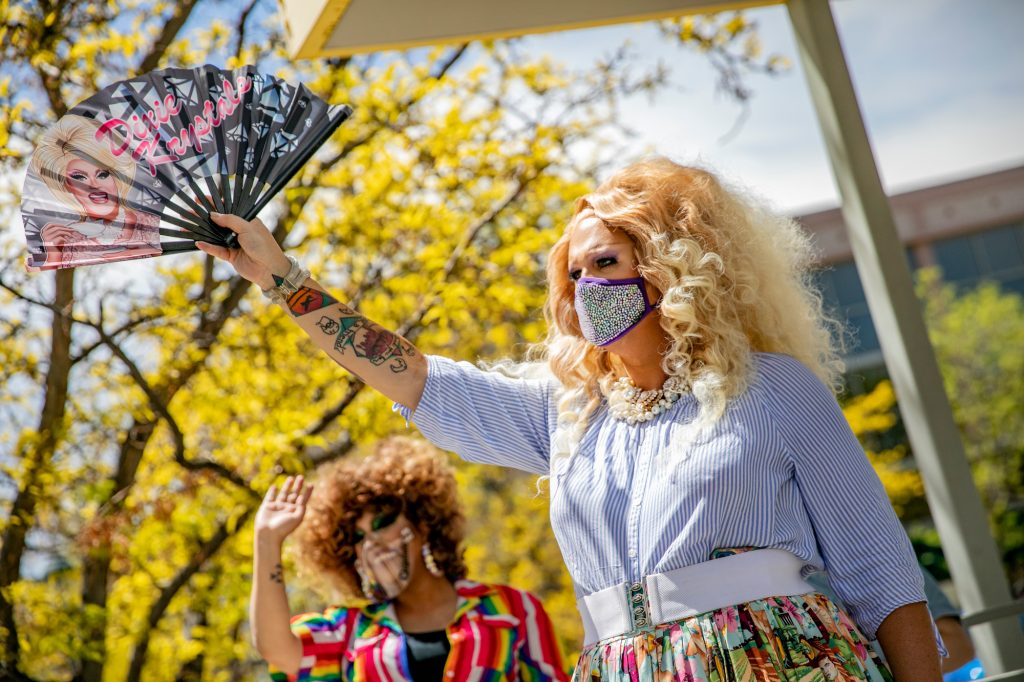
National polling from the Kaiser Family Foundation found about a third of those who were unvaccinated said they would be more likely to get vaccinated if they were entered into a lottery with a chance to win one million dollars. They also found a lottery is particularly motivating to key groups, including Black residents, those who are low income and young adults who aren’t yet vaccinated.
“So I think there's some reason to think that these (campaigns) are worth trying, even though it can be hard to disentangle the effects of them from everything else that's going on,” said Presad.
He added that though such vaccine efforts are expensive, the cost of the pandemic dragging on, in terms of lives lost, social costs, medical care and more are huge. “I think people sometimes underestimate what the value to the public is in getting another person or more people vaccinated.”
Polis argued the drawings did convince some to get vaccinated, and that it was demonstrated by higher vaccination rates in several states that tried drawings like Colorado’s.
“It looks like there's a good correlation there,” Polis said. “The states that have these contests in general have higher vaccination rates, they’re in the top tier of states.”
The governor’s office shared graphs comparing states that implemented vaccine drawings and lotteries and those that did not. They show seven states which announced vaccine drawings before June 1st are seeing an overall slower decline in cumulative doses administered than other states.
Polis said the target audience for the vaccine drawing is not those who are dead set against getting the vaccine, but those who’ve been waiting or haven’t gotten around to it.
“The contest is a reason to do it,” Polis said. “Getting 50 bucks or a hundred bucks on the spot is a reason to do it. You know, free drink tickets at a concert. Those are all extra reasons to get vaccinated. So we're doing all the above.”
How many people in Colorado have been vaccinated?
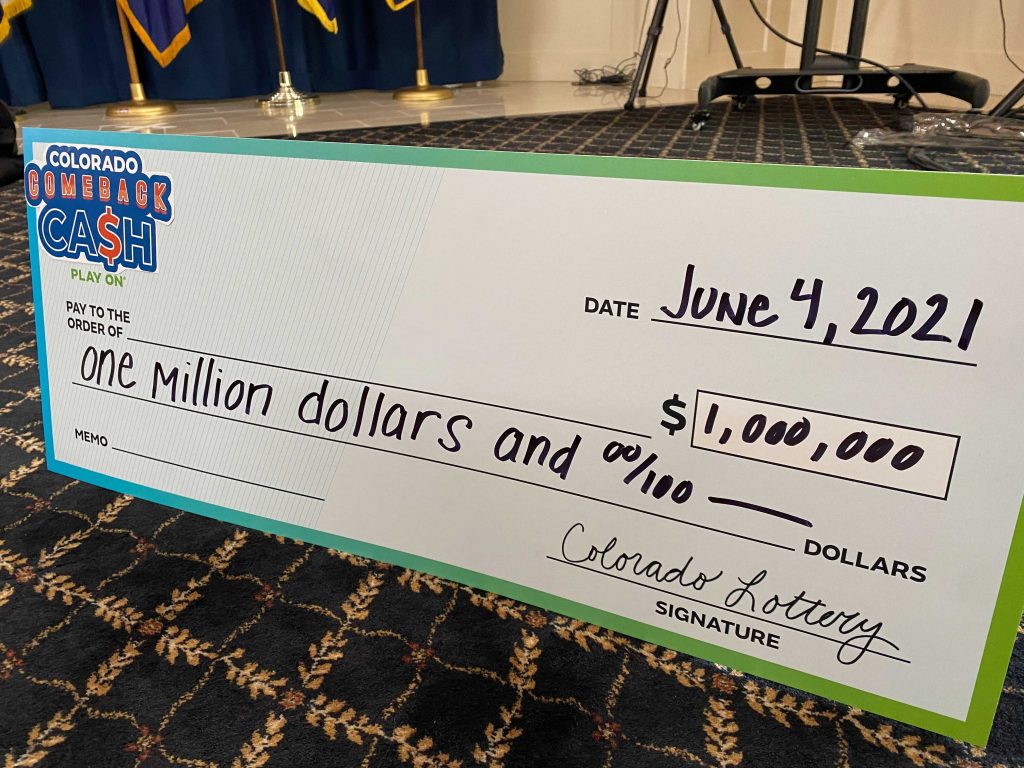
The state is tantalizingly close to getting at least one dose in 70 percent of adults, but Polis said that won’t mark the end of the effort.
“We're not stopping at 70 percent,” Polis said. “We're going to keep plowing ahead to help end this pandemic with the highly effective, safe, and free vaccines.”
Colorado’s million dollar drawings are just one of a dizzying array of vaccination carrots being offered to induce people to get their COVID-19 shots. The list includes college scholarships, which Colorado has also done, as well as gift cards, discounts and prizes. One Colorado hospital system, Centura, announced a $500 bonus this week for vaccinated employees; another UCHealth did the same, while saying a mandate, like it does with the flu shot, could be coming this week.
All these incentives have sparked what promises to be just the start of a wave of academic research and analysis.
“Are these benefit programs ethical? Are they useful? Are they better than mandates?” Those are questions asked in a paper published in JAMA Thursday by DU’s Presad, along with Ezekiel Emanuel, from the University of Pennsylvania.
The pair wonder if vaccine lotteries waste public funds, and say they may not always be the right approach or sustainable. But they ultimately conclude such efforts are not “ethically objectionable” because of the broader societal benefit of getting the population vaccinated against a dangerous and potentially deadly virus.
“It is common to thank those who perform socially valuable actions, such as by offering recognition, awards, payment, or other benefits,” Persad and Emanuel argue. “People who choose to be vaccinated against COVID-19 help society end the pandemic.”
Another perspective, also published Thursday, in the New England Journal of Medicine explores vaccine mandates and passports and even a third option: “to raise health and life insurance premiums for people who forgo vaccination.”
The approach could “redistribute the higher expected health care cost in a way that is fair to people who have already been vaccinated,” wrote authors Kevin Volpp and Carolyn Cannuscio, of the University of Pennsylvania.
Would it have made a difference if Colorado didn't have a vaccine giveaway?
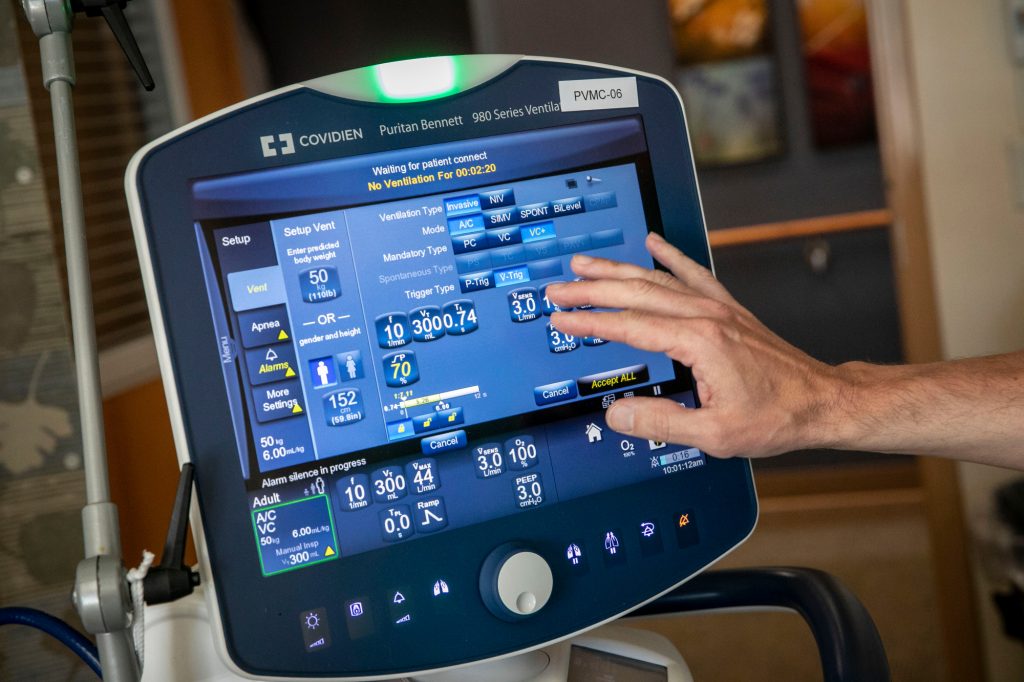
To really know if programs like Colorado’s vaccine drawings moved the needle, you’d need to study similar or neighboring states that didn’t try that option, said Ankur Pandya, associate professor of health decision science at Harvard’s T.H. Chan School of Public Health. “What is the counterfactual like, what would have happened if we didn't have the lottery? And that's what you would want to know to assess its effectiveness,” he said.
He said the limited data generated so far seem to show these lotteries “do have a short-term boost in vaccination rates, but then that wears off,” which is what Colorado saw. Given the stakes of COVID and the importance of getting high numbers of people vaccinated “it appears like the bang for buck looks okay if you just kind of look at how much money goes into these lotteries and how many new vaccinations that they appear to produce.”
The vaccine drawings maybe produce “a halo effect” about the vaccines but there’s always a question of opportunity cost, how else could the $5 million Colorado spent on the drawings be used, said Dr. John Swartzberg, a clinical professor emeritus and expert in infectious diseases at the UC Berkeley School of Public Health. He said eventually robust research will help reveal if the approach was worth it “or whether you could have taken that same amount of money and had people go house to house to start vaccinating people.”
Still “the bottom line is to get people vaccinated and most anything’s worth a try,” said Swartzberg, who said he’s a strong proponent of mandating vaccination.
But others argue that guaranteeing people a smaller amount of money in exchange for getting vaccinated may be a better way to boost vaccination numbers.
Some states are trying incentive programs “where people get a guaranteed amount of money rather than a chance at a larger amount of money,” said Nichole Lighthall, an Assistant Professor of Psychology at the University of Central Florida. Depending on how much money is involved those guaranteed amounts to get vaccinated “could be potentially more effective.”
In April, West Virginia began offering $100 savings bond to residents 16 to 35 who get vaccinated.
Lighthall did a thought experiment.
“Think for yourself, would you prefer I hand you a hundred dollars or I give you a 50% chance at $200”,” said Lighthall. In both cases, the expected value, the average amount that a person would get, is a hundred dollars. But in “the risky case,” she said, the lottery case, you could walk away with nothing at all. “And people don't like that. They prefer to win. They prefer a sure amount of money. And for people who really need money, why should they prefer a lottery over a fair amount that could actually pay their bills?”
She said when people weigh the risk versus the reward, “I think it just makes sense. I mean, the science shows that people prefer sure gains over risky gains. But if I just put it to you like that, I mean, wouldn't you like to have a hundred dollars right in your hands right now, rather than me asking to flip a coin, maybe you get nothing?”
Is a $1 million giveaway the right incentive?
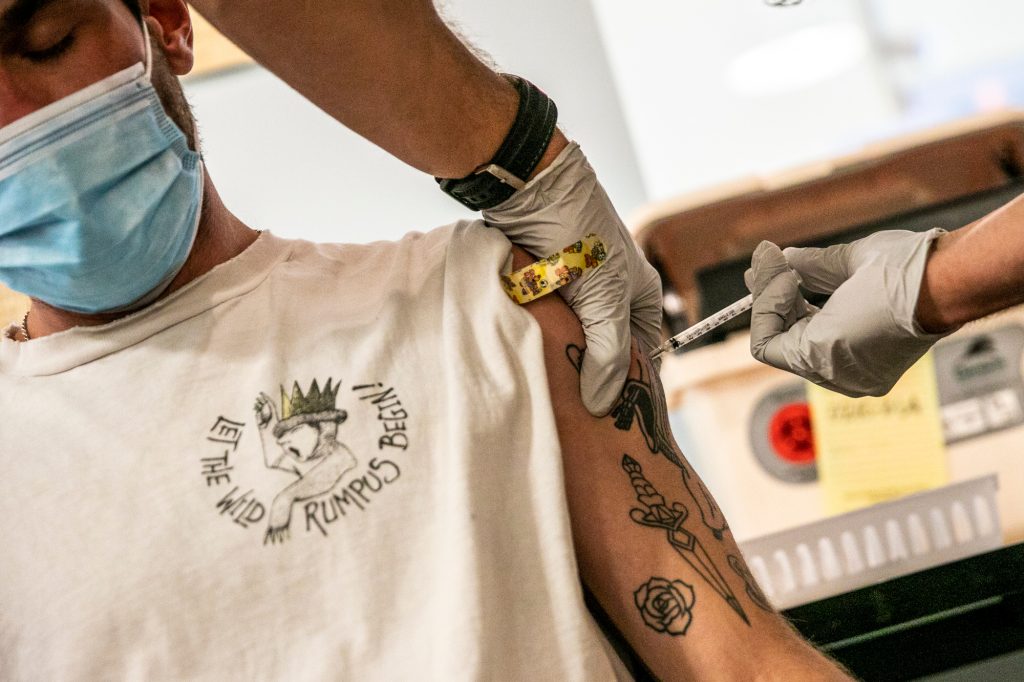
Now that states like Colorado have tried vaccine drawings, maybe another approach could add to vaccination totals.
“If you're going to give away a million dollars, why not break that up into smaller amounts of guaranteed rewards?” Lighthall asked.
Pandya thinks with Colorado and much of the nation still short of 70 percent of eligible adults still not fully vaccinated, and some groups still well below that threshold, a variety of methods are worthy of consideration.
“There’s a lot of different ways to think about incentives,” he said, adding he hoped decision-makers “are at least considering all the options on the table, because different types of incentives could work on different types of people.”
Whether and which carrots and sticks work best will likely be a rich topic of research for years to come, with basically each state and country conducting its own experiment.
“I think people will work on it,” said Presad, “and I hope they do because it's important.”
Students 12 to 17 years old can still get vaccinated through Sunday to be entered in the final drawing for $50,000 scholarships, though entries have closed for the $1 million contest. Those winners, and the final $1 million winner, will be announced next week.









